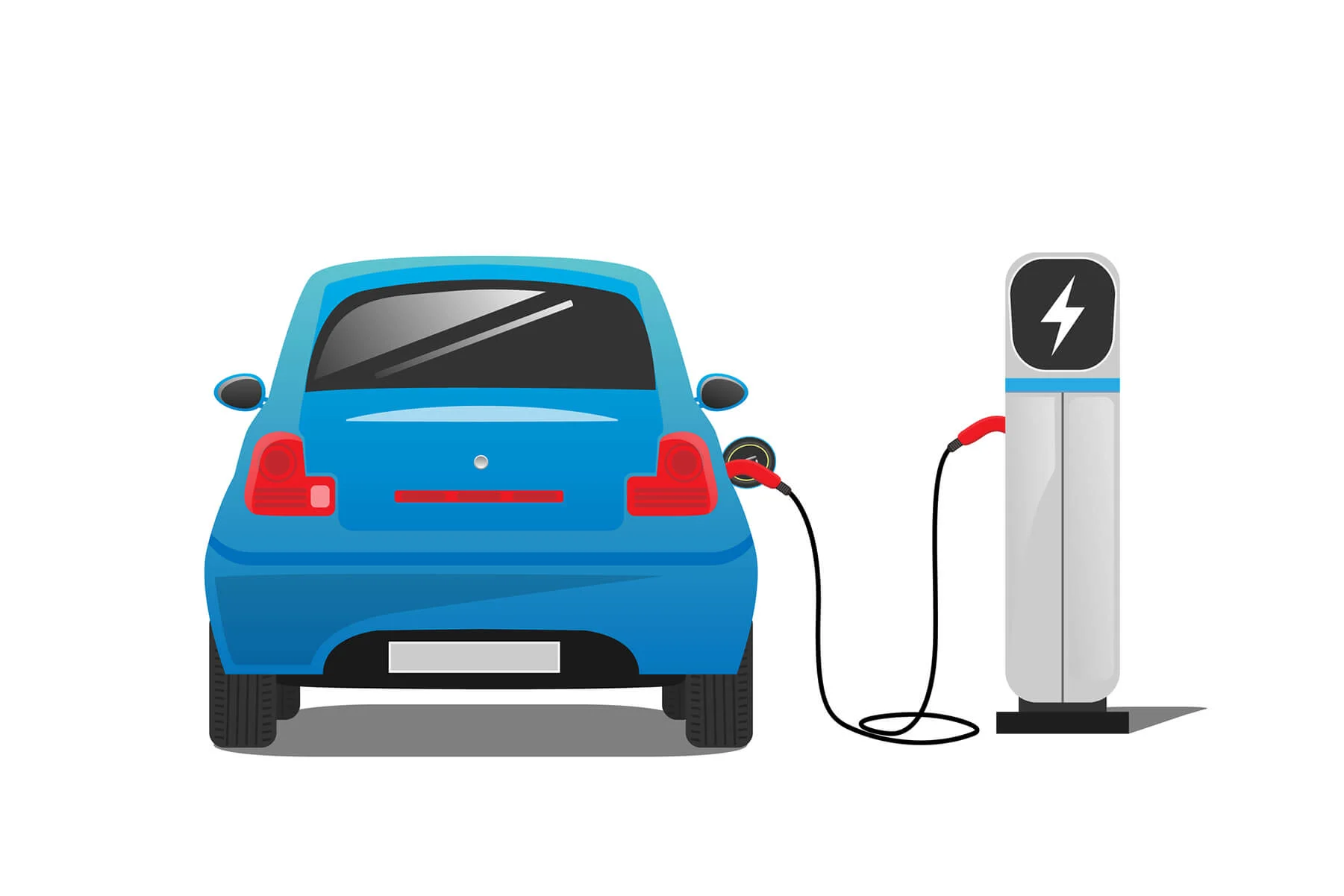
Table of Content
▼India's sustainable transformation needs sustained government support, auto industry experts said at a panel discussion on sustainable mobility at the Global Investors Meet on Sunday. Although FAME-II subsidies will run out this year, the industry needs continued support, senior auto industry officials said.
Currently, one in four cars sold globally is electric, but in India, the adoption rate for passenger cars is less than 2%, less than 5% for two-wheelers, and about 15% for three-wheelers, said Satyakam Arya, director General and CEO, Daimler India Commercial Vehicles. He said India needs a lot of support and incentives from the government to make sustainable transformation a reality. He stated, "We have not passed the lowest point in terms of electric vehicle adoption. The FAME scheme will end in March 2024."
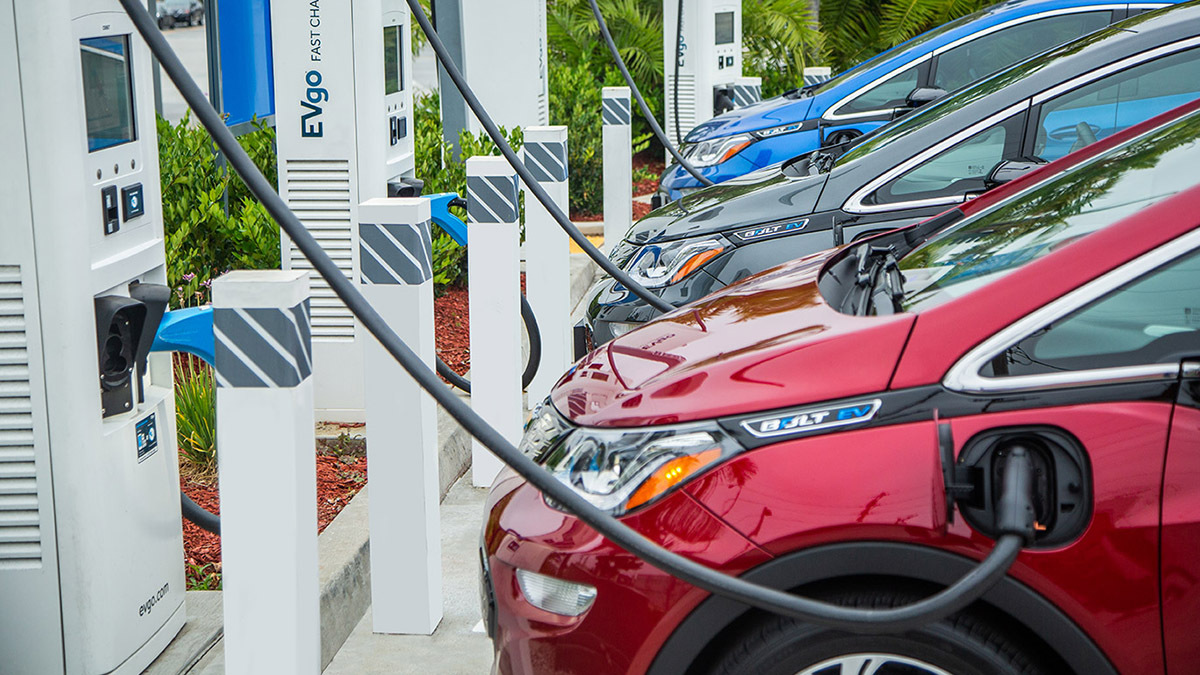
“India is at an evolutionary stage (in sustainable mobility), but with government support, we can localize it to a large extent just like we did with internal combustion vehicles,” said Kamal Bali, head of the southern region of CII.
As major automakers sought government support, electric vehicle entrepreneurs called for policy change. Hema Annamalai, founder of Ampere, which is now a subsidiary of Greaves Cotton, said that although there must be FAME III, it must come with a change. “FAME III should drive a major localization process, and the policy should help not only the big players but also SMEs because electric vehicles are a commercial industry,” he said. The trick, he said, is to think of electric two-wheelers as a commodity and not over-engineer the product. He said the lightweight electric bike with sodium ion battery can work if there is a CMVR modification to power low-speed vehicles for the masses.
However, the trick is to ensure that Indian manufacturing gets the scale and technological strength in EV parts that it gained in automotive components. “We have done that with ICE, but EV parts still have a long way to go,” said Vikram Gulati, Regional Director, Toyota Kirloskar Motor Corporation. “We need to solve problems in the Global South.”
India's transition towards sustainable mobility will also need multiple fuel options, including electric vehicles, hybrids, and ethanol-blended fuels, even as the EV ecosystem localizes important segments. “Indian EV companies need to localize the powertrain of EVs, which is crucial, apart from setting up charging infrastructure," Gulati said. With India's passenger car market expected to grow from just over 4 million cars in the current financial year to 7-8 million by 2030, even the ambitious target of 30% electric vehicles would add nearly 5 million petrol passenger cars or diesel to Indian roads, he said. “Until then, between 87% and 95% of vehicles on the road will be powered by gasoline or diesel,” he added. He said India needs to shift towards sustainability quickly and on a large scale, for which it needs hybrid fuels and ethanol-blended fuels. “We have just achieved a 12% ethanol blend and have already saved 5 billion liters of fossil fuel worth Rs 25,000 crore.
Also Read: More made-in-India cars hit the roads abroad in 2023
Neha Mehlawat
Neha Mehlawat is an automotive journalist and industry analyst with 10+ years of experience covering cars, bikes, and mobility trends. She tracks the latest launches, technology upgrades, and policy changes in the auto sector, delivering sharp insights that help readers stay ahead in the fast-evolving world of automobiles.
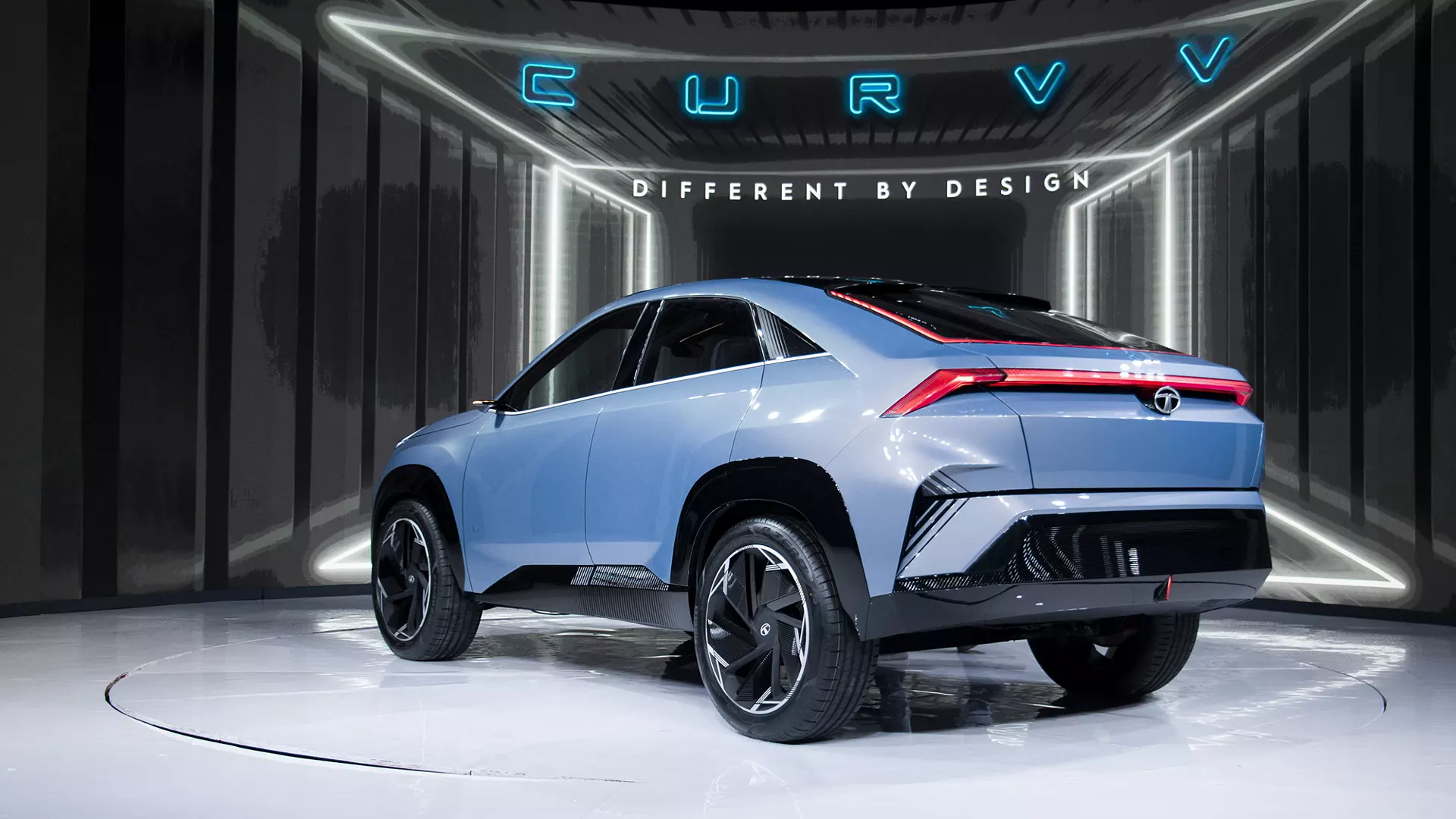
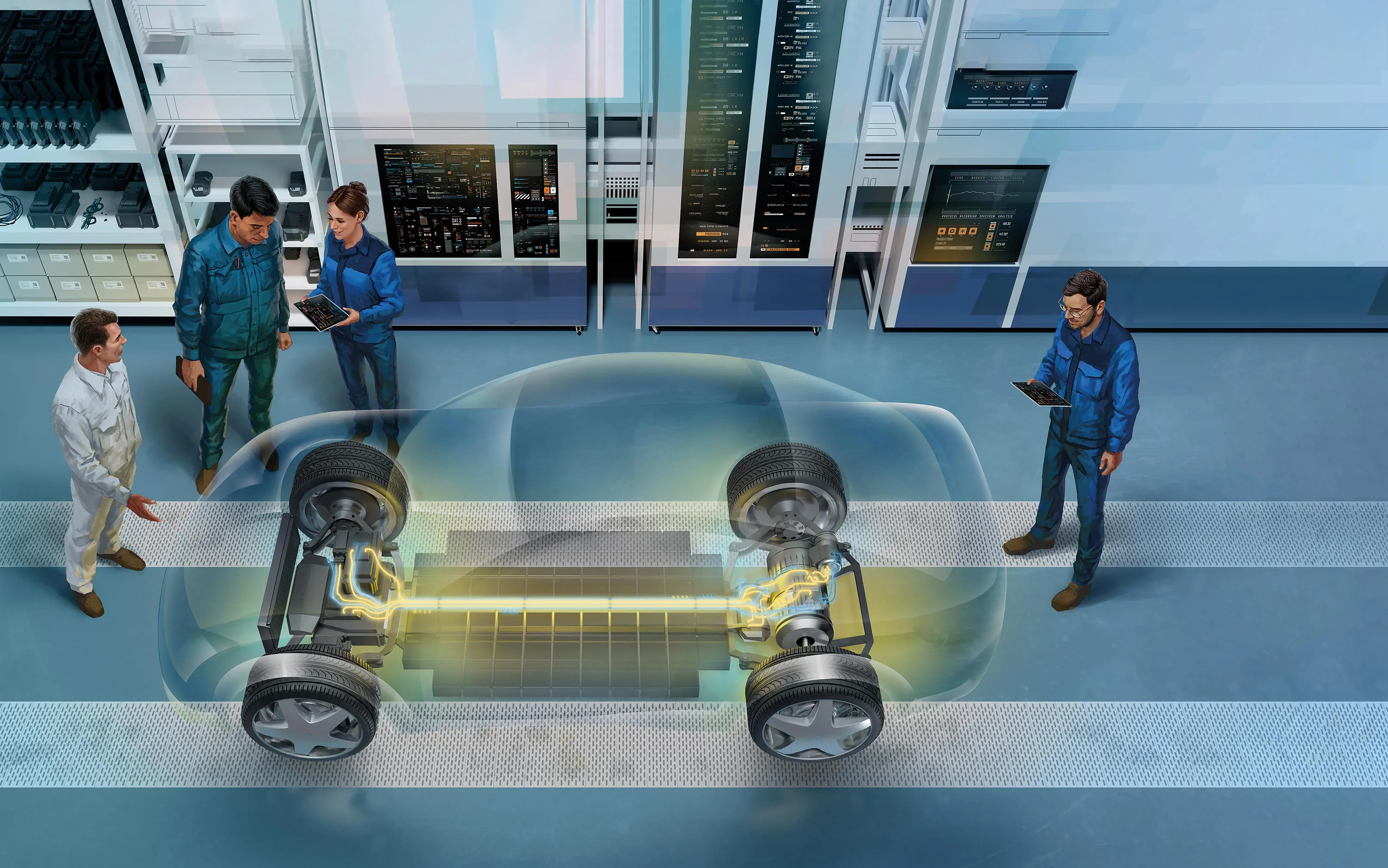
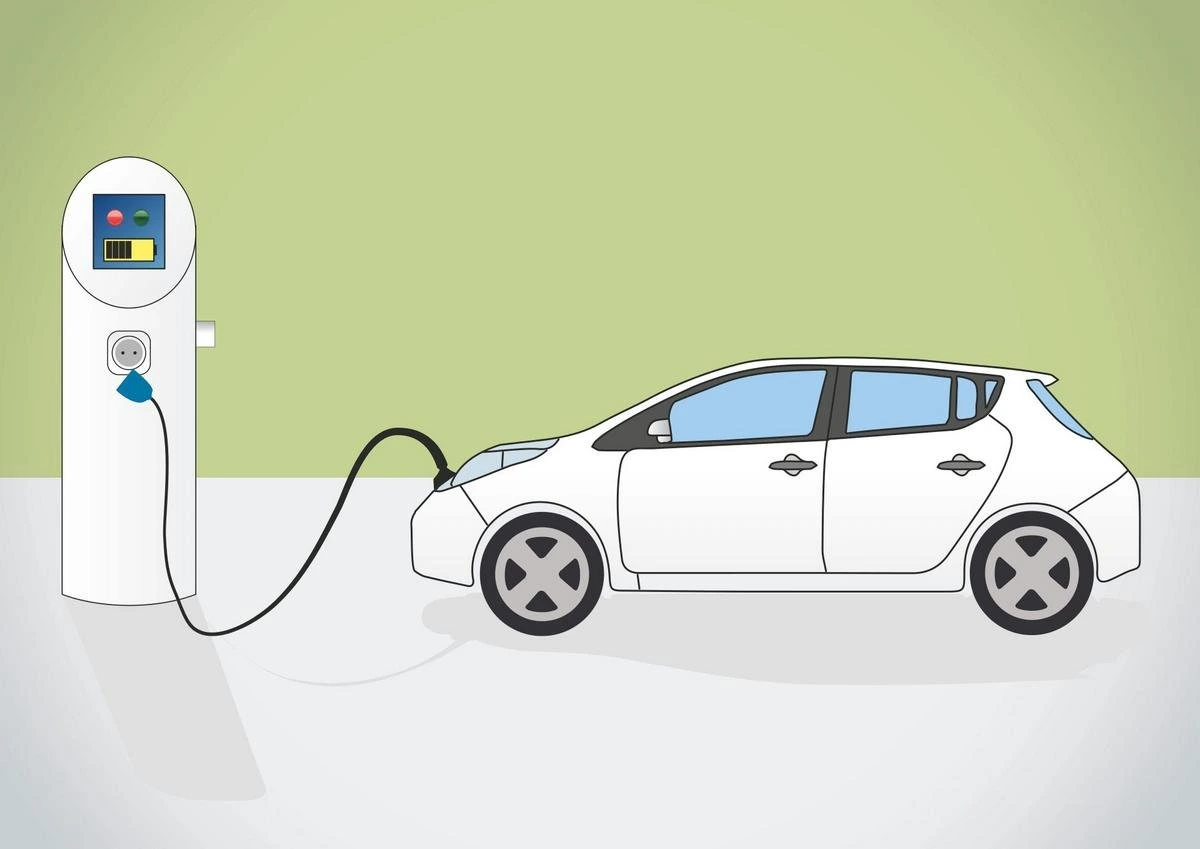
_1772098099.webp)
_1772090295.webp)
_1772088394.webp)


